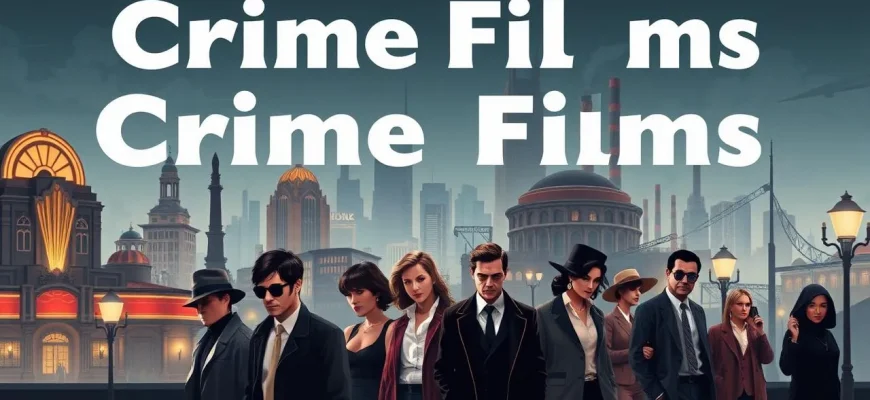Dive into the shadowy world of crime with this handpicked selection of films where the cinematography isn't just a backdrop, but a character in its own right. These films not only tell gripping stories of heists, cons, and underworld dealings but also treat viewers to a visual spectacle that enhances the narrative, making each frame a work of art. Whether it's through innovative camera work, stunning visual effects, or unique colour palettes, these movies will captivate you with their visual storytelling as much as their criminal plots.
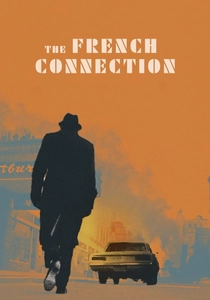
The French Connection (1971)
Description: William Friedkin's gritty portrayal of New York City in the '70s uses handheld camera work to give a raw, documentary-like feel to this classic cop thriller.
Fact: The famous car chase scene was filmed without permits, adding to its authenticity and intensity.
 Watch Now
Watch Now
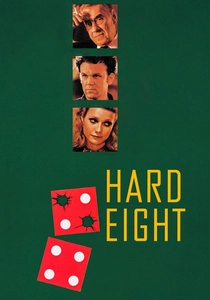
Hard Eight (1996)
Description: Paul Thomas Anderson's debut film features a visual style that's both intimate and expansive, with long takes and a focus on character interactions in the seedy underbelly of Reno.
Fact: Anderson shot the film in just 24 days, using a small crew and a budget of less than $1 million.
 Watch Now
Watch Now
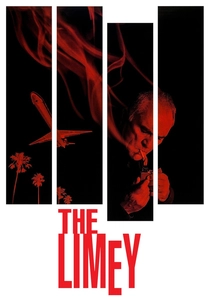
The Limey (1999)
Description: Steven Soderbergh's film uses innovative editing techniques and a fragmented narrative to tell the story of an ex-con seeking revenge, making the visual storytelling as complex as the plot.
Fact: The film features a unique editing style where scenes are often cut together in a non-linear fashion to reflect the protagonist's disorientation.
 Watch Now
Watch Now
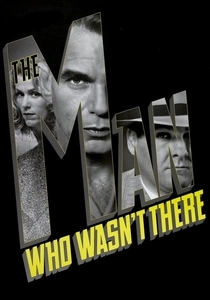
The Man Who Wasn't There (2001)
Description: The Coen Brothers' homage to film noir features black-and-white cinematography that captures the mood and atmosphere of the 1940s, with a visual style that's both nostalgic and fresh.
Fact: The film was shot in black and white to evoke the feel of classic noir films, with the Coens using a mix of digital and film techniques.
 Watch Now
Watch Now
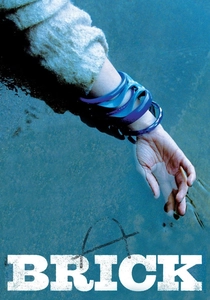
Brick (2005)
Description: Rian Johnson's debut film uses a high school setting to tell a noir crime story, with its visual style paying homage to classic film noir while introducing modern elements.
Fact: The film was shot in just 20 days, with Johnson using a mix of digital and film stock to achieve its distinctive look.
 Watch Now
Watch Now
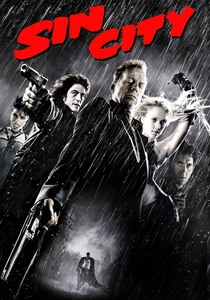
Sin City (2005)
Description: Robert Rodriguez's adaptation of Frank Miller's graphic novels uses a stark, high-contrast visual style that mirrors the comic book panels, creating a visually distinctive crime saga.
Fact: The film was shot on a green screen, with all backgrounds and many props added digitally to match the comic book aesthetic.
 Watch Now
Watch Now
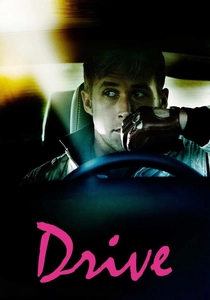
Drive (2011)
Description: With its neon-lit cityscapes and moody, almost dreamlike visuals, 'Drive' captures the essence of Los Angeles at night, making the city itself a character in this tale of a stunt driver turned getaway driver.
Fact: The film's iconic opening sequence was shot in one continuous take, showcasing the protagonist's driving skills.
 Watch Now
Watch Now
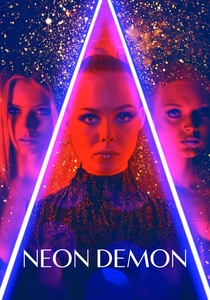
The Neon Demon (2016)
Description: Nicolas Winding Refn's exploration of the dark side of the fashion industry is visually arresting, with its use of neon lighting and surreal imagery.
Fact: The film was shot in Los Angeles, with Refn using real fashion models to create an authentic atmosphere.
 Watch Now
Watch Now
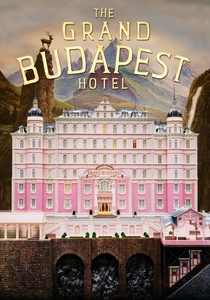
The Grand Budapest Hotel (2014)
Description: Wes Anderson's signature style shines through in this whimsical tale of art theft, featuring meticulously crafted sets and a vibrant colour palette that makes the film a visual delight.
Fact: The film was shot in three different aspect ratios to reflect different time periods. The pink hotel was inspired by the real-life Hotel Gellért in Budapest.
 Watch Now
Watch Now
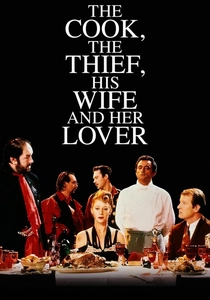
The Cook, the Thief, His Wife & Her Lover (1989)
Description: Peter Greenaway's film is a visual feast with its sumptuous set design and bold use of colour, telling a story of revenge and passion in a high-class restaurant.
Fact: The film was shot entirely on a soundstage, with the restaurant set being one of the largest ever built for a movie.
 30 Days Free
30 Days Free

